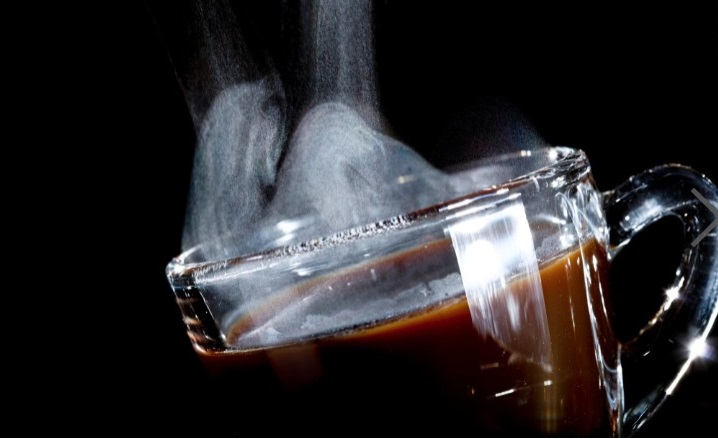
(CNN)Greater consumption of coffee could lead to a longer life, according to two new studies published Monday.
The findings have resurfaced the centuries-old conversation on coffee's health effects.
One study surveyed more than 520,000 people in 10 European countries, making it the largest study to date on coffee and mortality, and found that drinking more coffee could significantly lower a person's risk of mortality.
The second study was more novel, as it focused on nonwhite populations. After surveying over 185,000 African-Americans, Native Americans, Hawaiians, Japanese-Americans, Latinos and whites, the researchers found that coffee increases longevity across various races.
People who drank two to four cups a day had an 18% lower risk of death compared with people who did not drink coffee, according to the study. These findings areconsistent with previous studies that had looked at majority white populations, said Veronica Wendy Setiawan, associate professor of preventative medicine at USC's Keck School of Medicine, who led the study on nonwhite populations.
"Given these very diverse populations, all these people have different lifestyles. They have very different dietary habits and different susceptibilities -- and we still find similar patterns," Setiawan said.
The new study shows that there is a stronger biological possibility for the relationship between coffee and longevity and found that mortality was inversely related to coffee consumption for heart disease, cancer, respiratory disease, stroke, diabetes and kidney disease.
The study on European countries revealed an inverse association between coffee and liver disease, suicide in men, cancer in women, digestive diseases and circulatory diseases. Those who drank three or more cups a day had a lower risk for all-cause death than people who did not drink coffee.
Both studies were published in the Annals of Internal Medicine.
"We looked at multiple countries across Europe, where the way the population drinks coffee and prepares coffee is quite different," said Marc Gunter, reader in cancer epidemiology and prevention at Imperial College's School of Public Health in the UK, who co-authored the European study.
"The fact that we saw the same relationships in different countries is kind of the implication that its something about coffee rather than its something about the way that coffee is prepared or the way it's drunk," he said.

